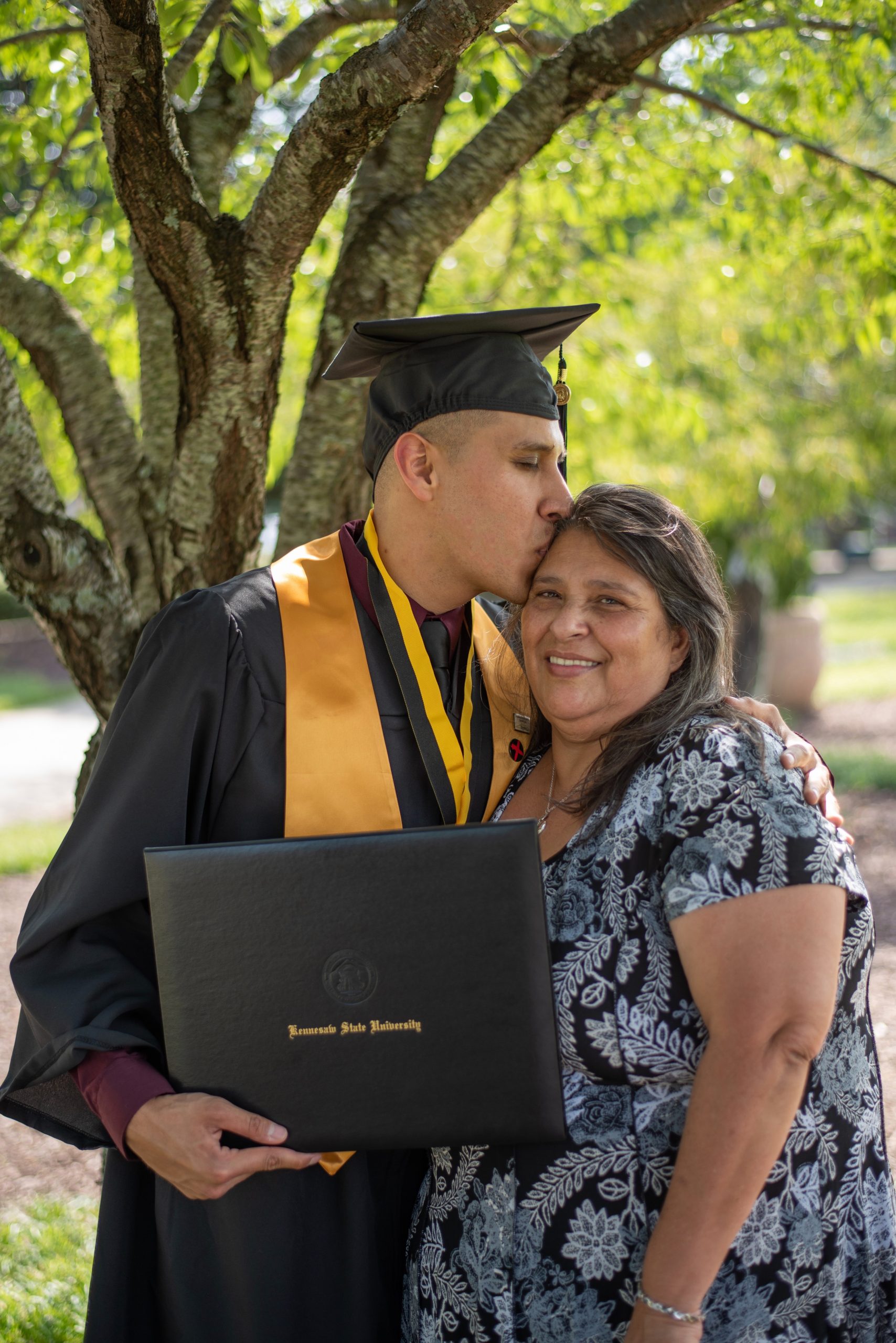We are very happy to bring you this late breaking news.
Today December 04, 2020, a federal judge from the United States District Court for the Eastern District of New York, issued a ruling that requires the Trump administration to post a public notice within 3 calendar days that it will accept new initial requests for DACA (Deferred Action for Childhood Arrivals) applications effective immediately.
Overview of DACA Litigation
This order builds on the judge’s previous ruling which declared the actions of Department of Homeland Security Secretary Chad Wolf unlawful, given the court’s finding that Wolf was not lawfully serving as acting DHS secretary when he signed rules limiting applications and renewals for the Deferred Action for Childhood Arrivals (DACA) program.
As you may recall back in 2017 the Trump administration engaged in aggressive tactics to eliminate the DACA program, however the U.S. Supreme Court successfully blocked such attempts, ultimately allowing DACA renewals to continue to be accepted.
In its opinion, the Supreme Court stated that the government did not follow the law – namely the Administrative Procedure Act – when it sought to eliminate DACA. Thus, the court found that because the government did not go through the appropriate process to dismantle DACA it would remain in place. Interestingly, the Supreme Court made clear that while the government did not go through the appropriate process to eliminate DACA, that it had the power to do so provided the government followed the appropriate procedures. The justices also stopped short of requiring the government to accept initial requests for DACA.
The following year on July 28, 2020, the Trump administration continued to stand its ground in blocking acceptance of initial DACA applications with the release of a scathing memorandum authored by Wolf. In it Wolf directed DHS personnel to (1) reject all pending and future initial requests for DACA (2) reject all pending and future applications for advance parole absent exceptional circumstances, and (3) to shorten DACA renewals to a two-year period.
 Visa Lawyer Blog
Visa Lawyer Blog











